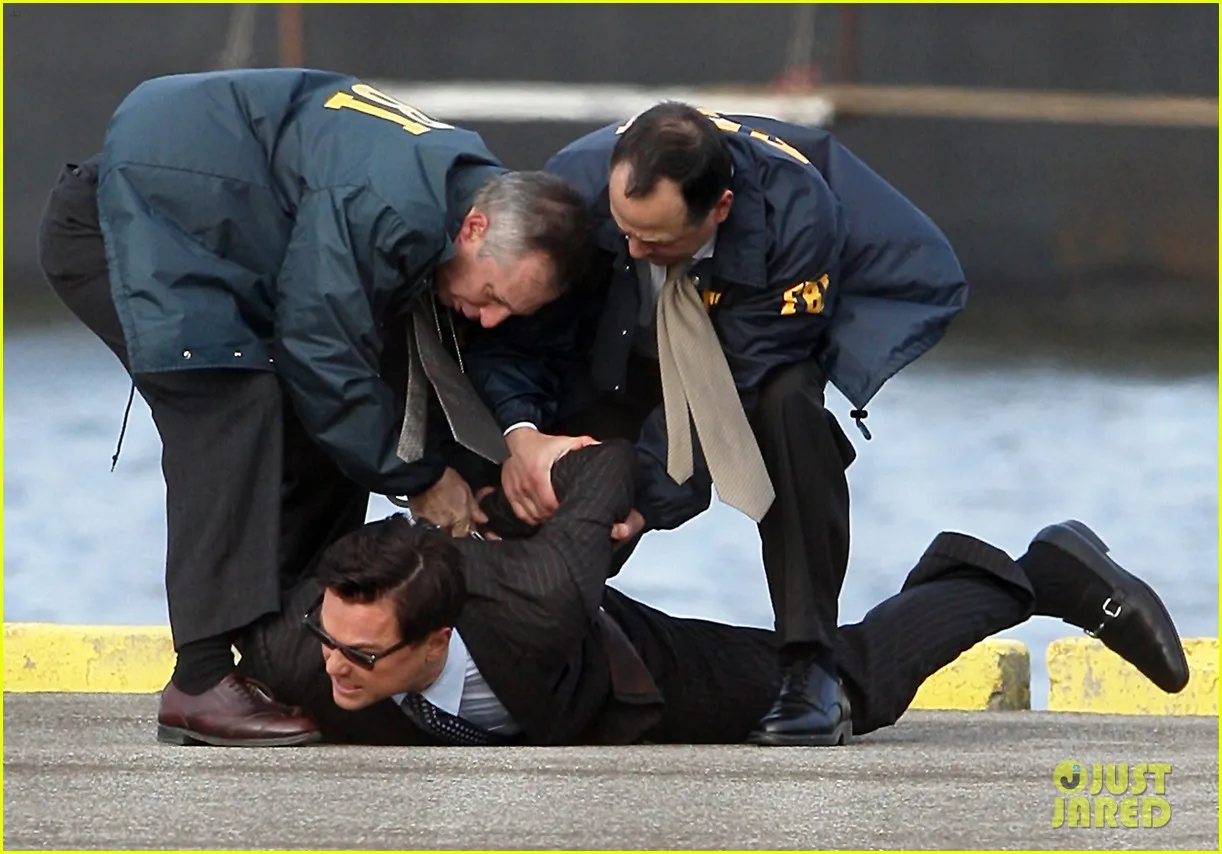
First, it is not illegal to buy and sell Bitcoin per se, BUT four people have been arrested for exchanging the cryptocurrency for fiat.
Bitcoin has yet to be given currency status in the U.S. and since lawmakers are still struggling to wrap their minds around the new technology, laws governing the buying and selling of Bitcoin are nebulous at best.
The charge? Operating a money transmission business without a license.
In May of this year, Jason Klein of Nixa, Missouri waived his right to a grand jury trial and plead guilty to the charge of “conducting an illegal money transmission business.” He was arrested after five separate instances of in-person transactions of cash for bitcoin with undercover federal agents. Transaction amounts ranged from $1,000 to $15,000.
Also in May, Detroit, Michigan resident Sal Mansy plead guilty to the charge of “operating an unlicensed money service business.” Between 2013 and 2015, it is estimated that Mansy bought and sold close to $2.5 million worth of bitcoin, the proceeds of which he funneled through a legitimate business that he owned.
Although the wording of the exact charge varies to some degree, the operative word in both is ‘business’.
That is, the main marker of criminality seems to be whether or not an individual is selling Bitcoin as a business.
Marco Santori, a Palo Alto-based lawyer who specializes in Bitcoin:
As a business’ is the qualifier that triggers the money transmission laws. […] If you come to me and ask to buy $100 worth of bitcoin and I sell that to you, in no state is that sole activity considered to be money transmission.
It must occur in a sufficient frequency and volume **and you have to accept all comers. It’s a fact-based test.
In ADDITION, consciously selling Bitcoin to someone whom you know to be a money launderer is a path to conviction.

Judges in several states DISAGREE with the assessment that selling Bitcoin is illegal.
Last year in Florida, Miami-Dade Circuit Judge Teresa Mary Pooler ruled in the case of the State of Florida v. Michell Espinoza that since Bitcoin was not backed by any government or bank it could not be considered ‘money’.
Espinoza had been arrested and charged with illegally transmitting and laundering $1,500 worth of Bitcoin, which he sold to undercover detectives who had informed him that they planned to use the money to buy STOLEN credit cards.
According to Judge Pooler’s ruling:
The court is not an expert in economics; however, it is very clear, even to someone with limited knowledge in the area, the Bitcoin has a long way to go before it the equivalent of money.
She went on to further explain her decision:
This court is unwilling to punish a man for selling his property to another, when his actions fall under a statute that is so vaguely written that even legal professionals have difficulty finding a singular meaning.
Espinoza’s case was thrown out in a ruling that many experts in the Bitcoin community are hoping will “encourage the use of the virtual currency, and offer a roadmap to governments across the world that have struggled to understand and regulate it.”